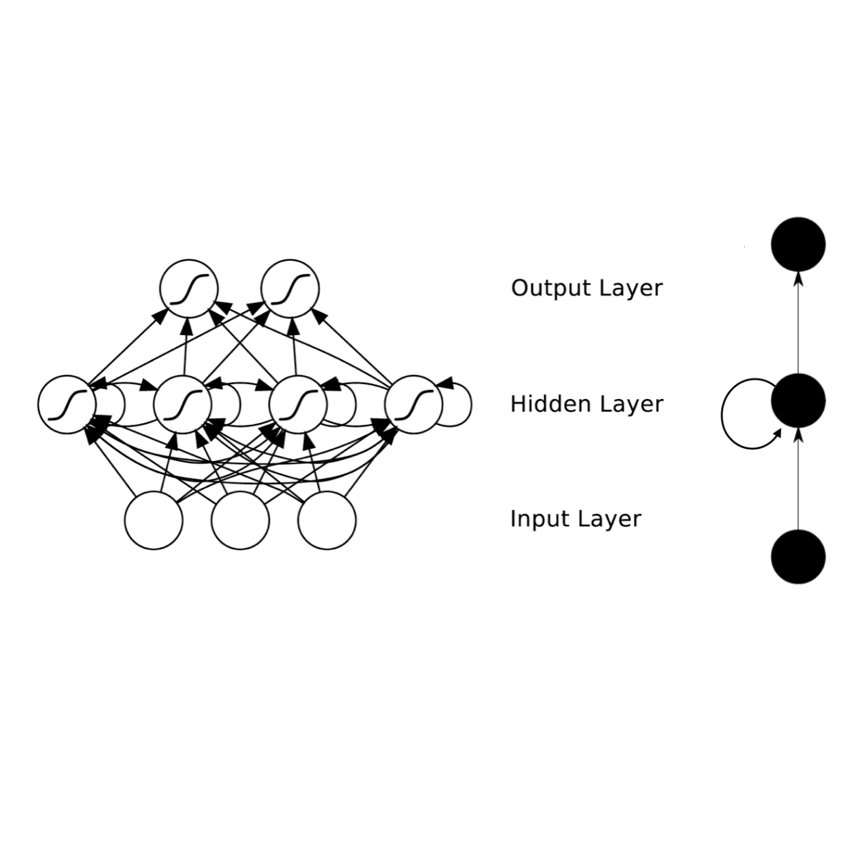
This paper applies a recurrent neural network, the LSTM, to forecast inflation. This is an appealing model for time series as it processes each time step sequentially and explicitly learns dynamic dependencies. The paper also explores the dimension reduction capability of the model to uncover economically-meaningful factors that can explain the inflation process. Results from an exercise with US data indicate that the estimated neural nets present competitive, but not outstanding, performance against common benchmarks (including other machine learning models). The LSTM in particular is found to perform well at long horizons and during periods of heightened macroeconomic uncertainty. Interestingly, LSTM-implied factors present high correlation with business cycle indicators, informing on the usefulness of such signals as inflation predictors. The paper also sheds light on the impact of network initialization and architecture on forecast performance.
翻译:暂无翻译



